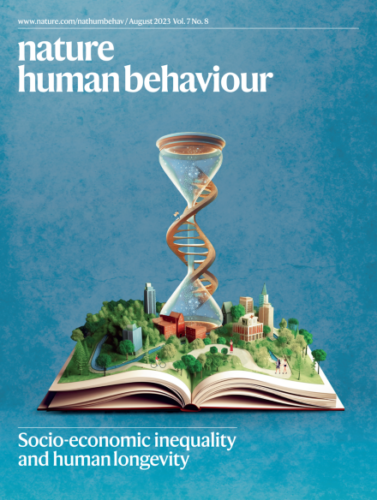 Abstract
Abstract
Scientifically relevant misinformation, defined as false claims concerning a scientific measurement procedure or scientific evidence, regardless of the author’s intent, is illustrated by the fiction that the coronavirus disease 2019 vaccine contained microchips to track citizens. Updating science-relevant misinformation after a correction can be challenging, and little is known about what theoretical factors can influence the correction. Here this meta-analysis examined 205 effect sizes (that is, k, obtained from 74 reports; N = 60,861), which showed that attempts to debunk science-relevant misinformation were, on average, not successful (d = 0.19, P = 0.131, 95% confidence interval -0.06 to 0.43). However, corrections were more successful when the initial science-relevant belief concerned negative topics and domains other than health. Corrections fared better when they were detailed, when recipients were likely familiar with both sides of the issue ahead of the study and when the issue was not politically polarized.
Authors
- Man-pui Sally Chan
- Dolores Albarracín

